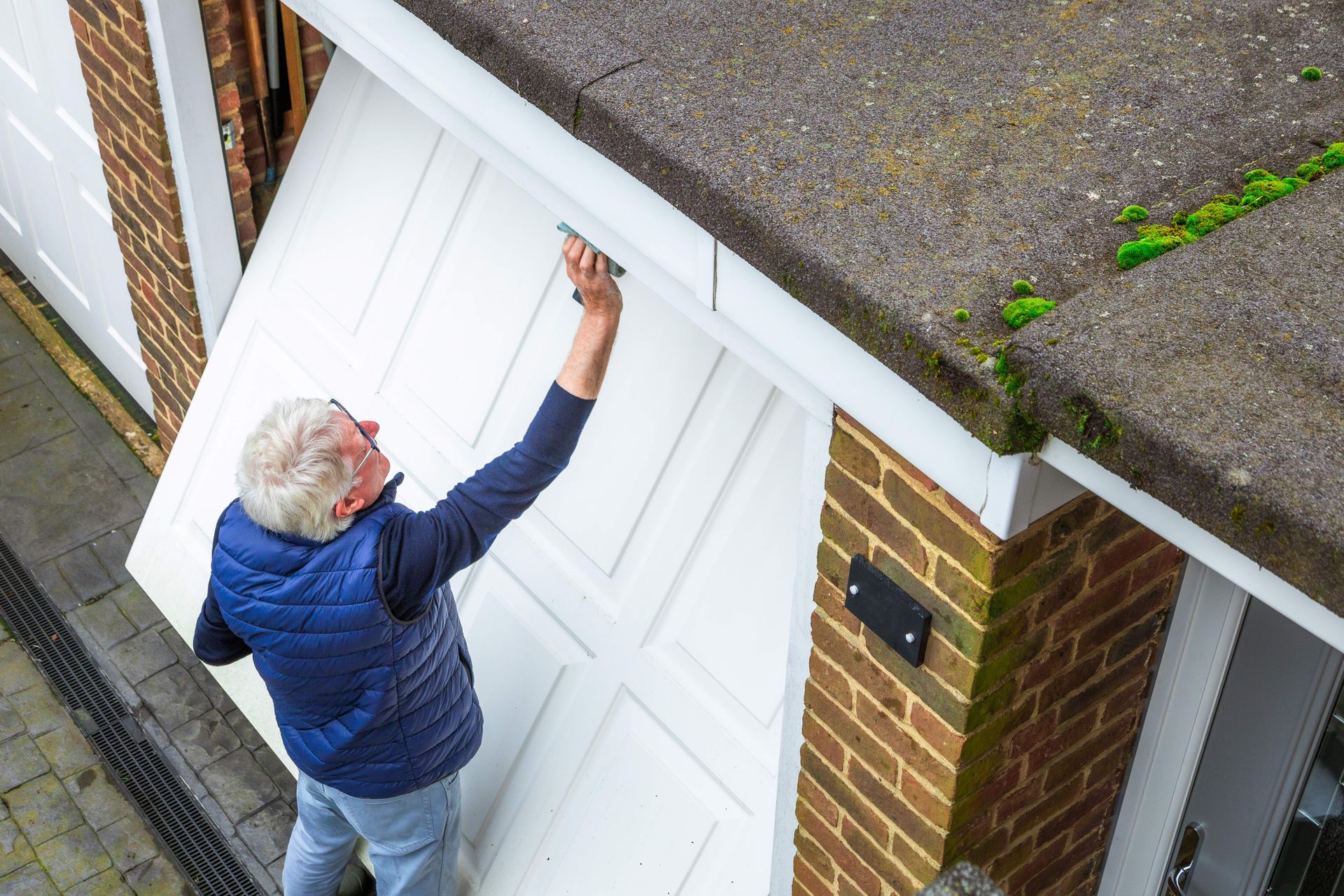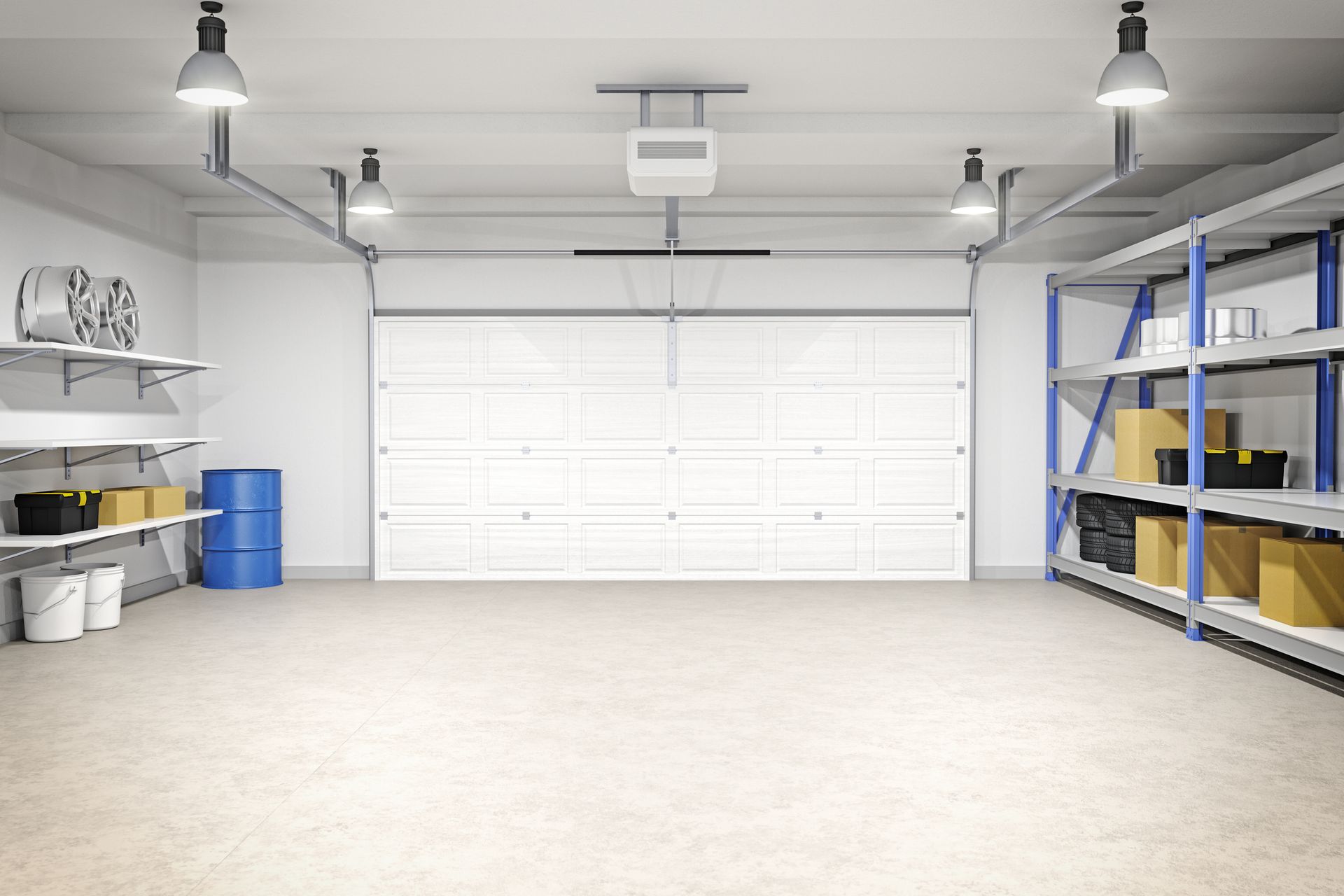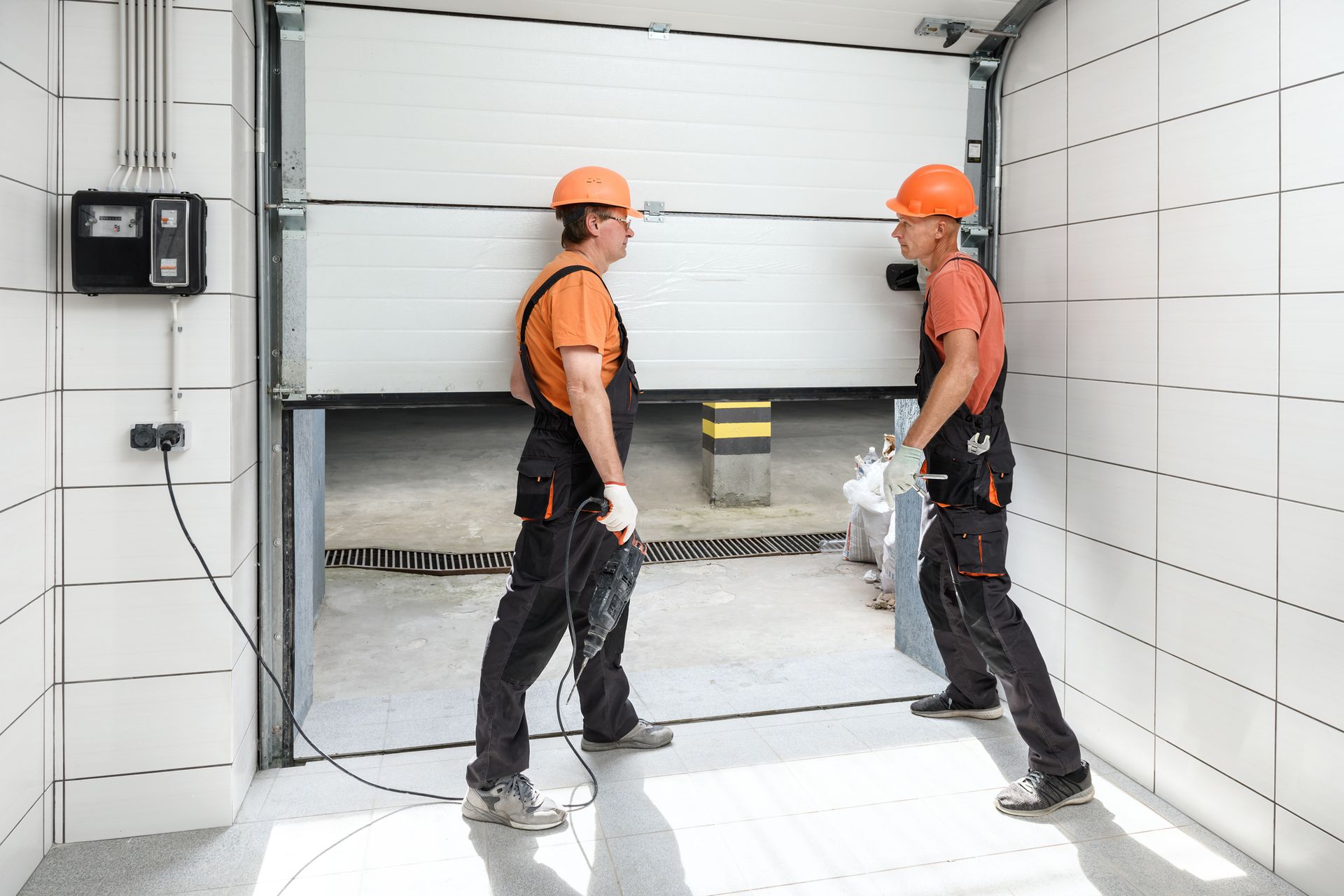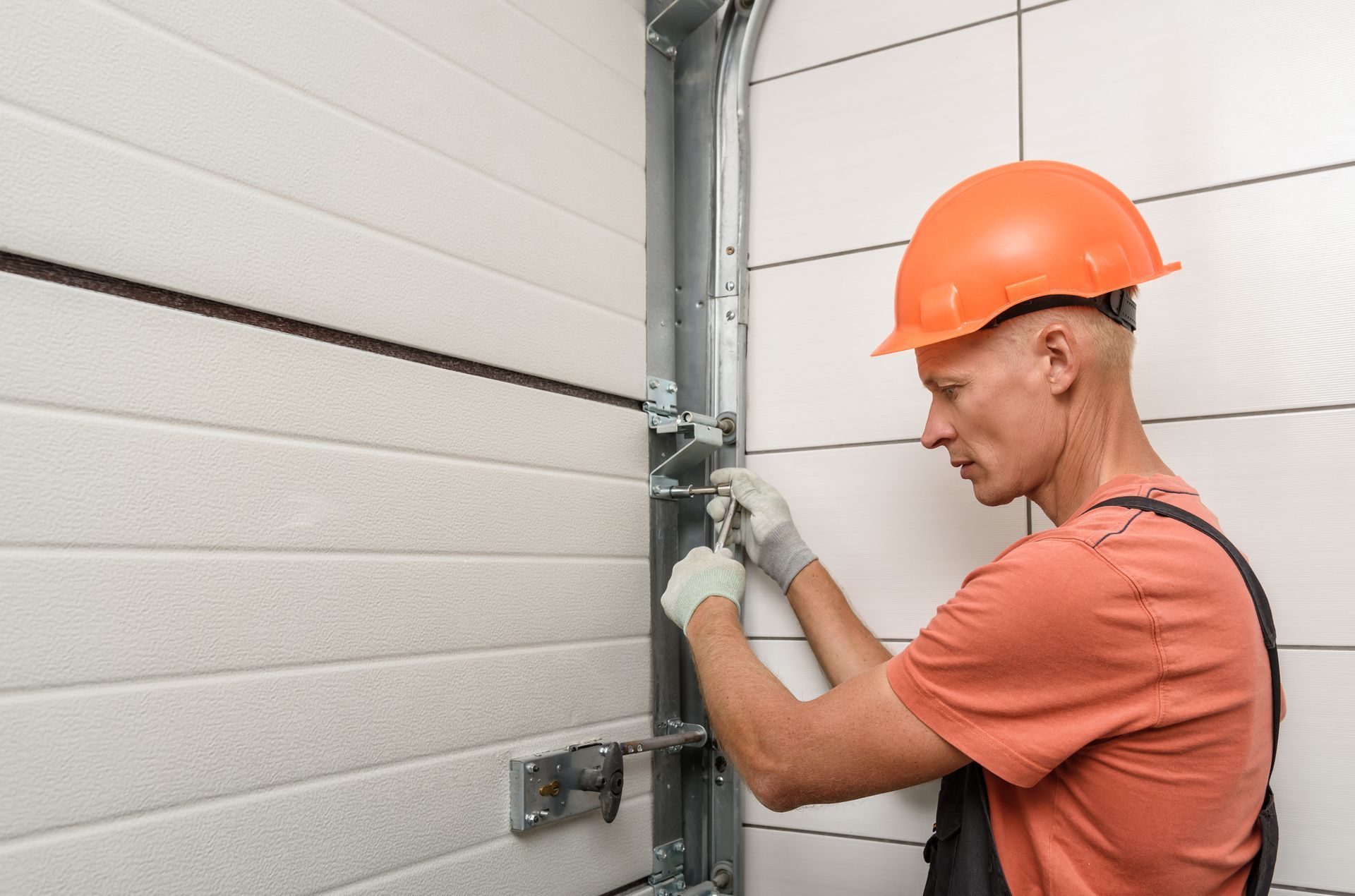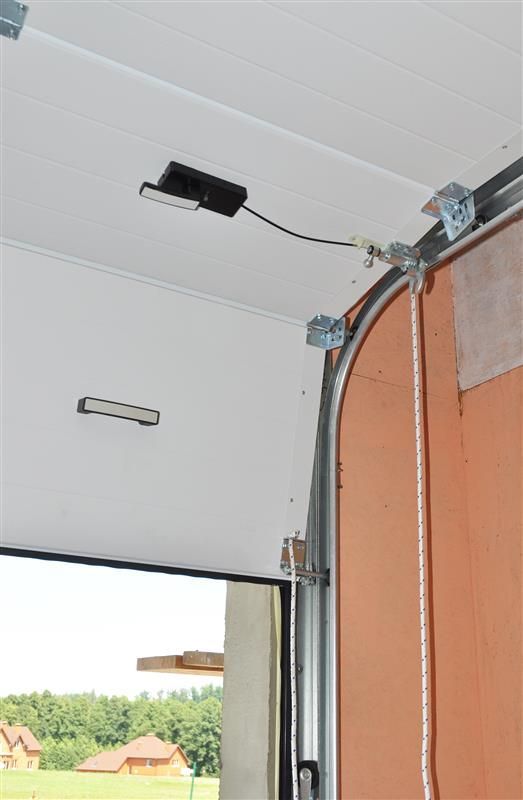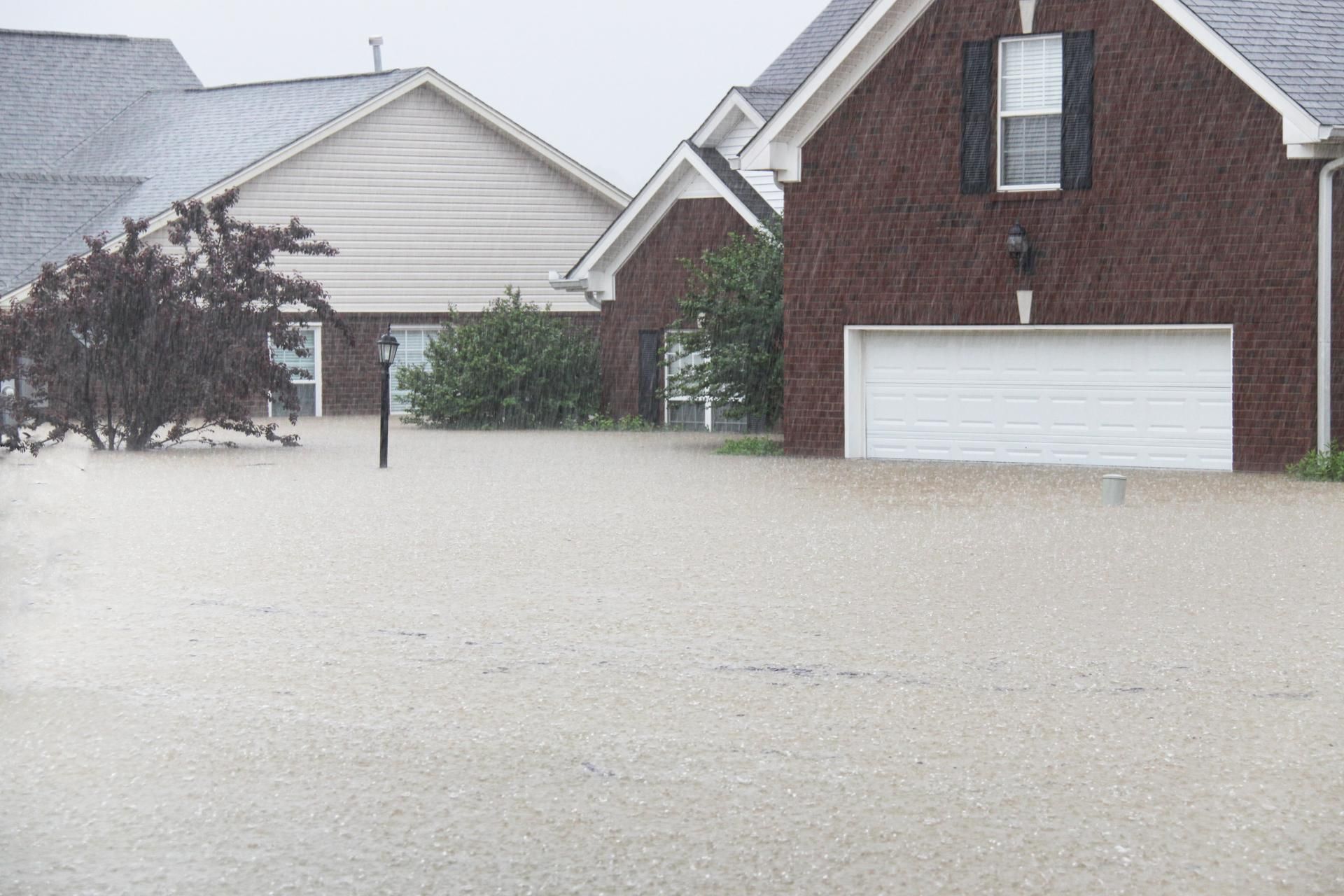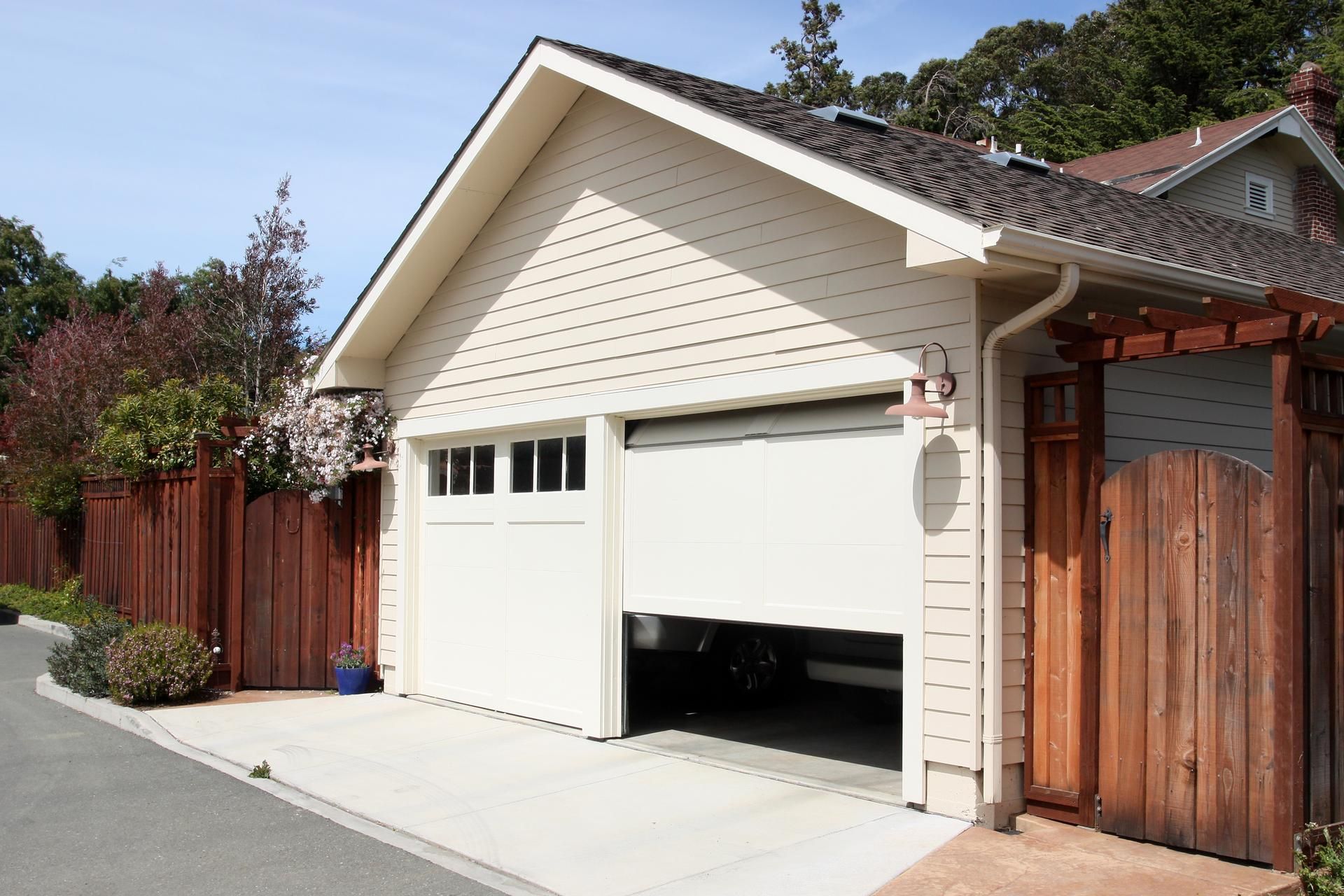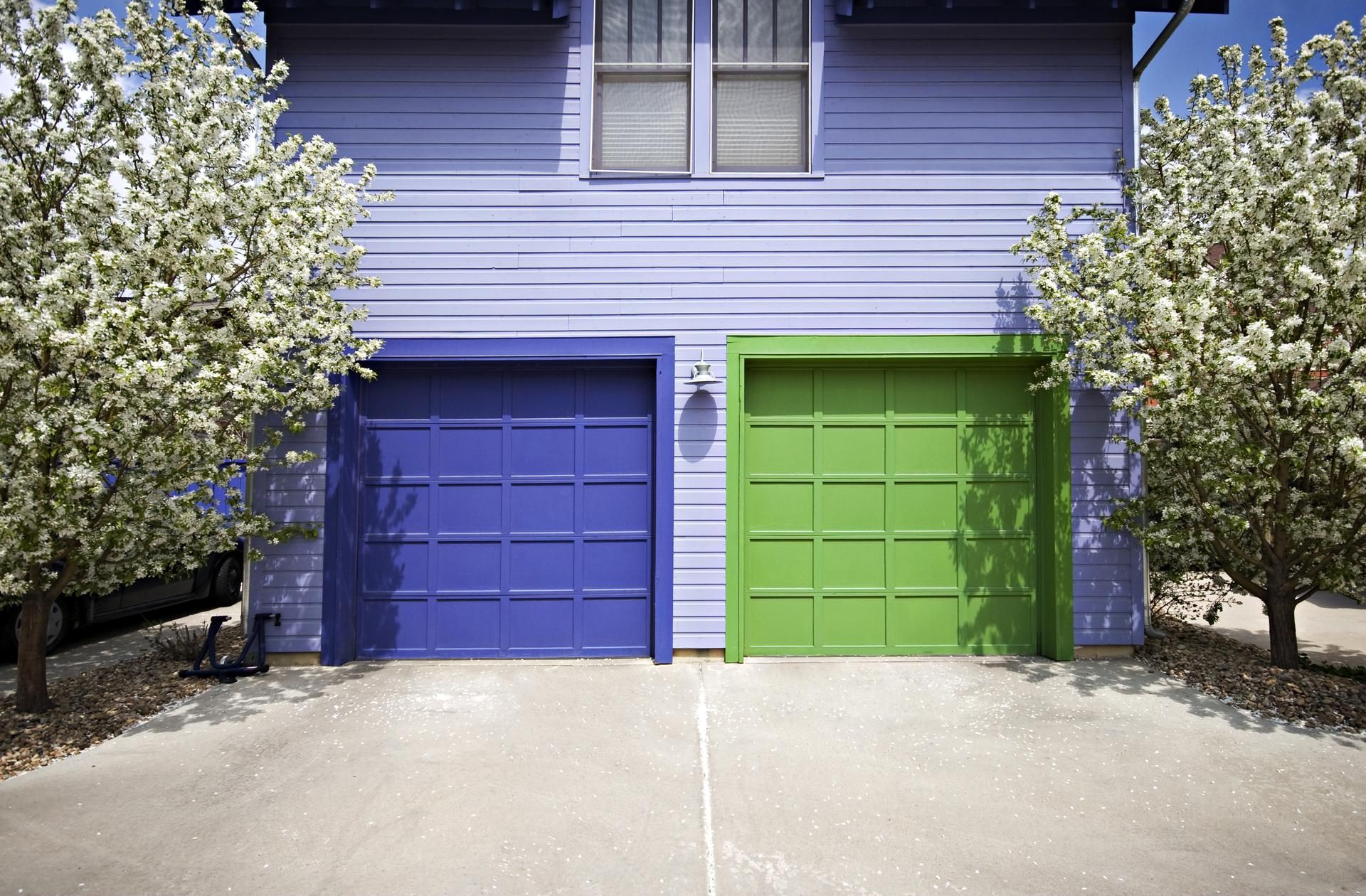6 Reasons You Have a Loud Garage Door Opener
Admin • December 15, 2020
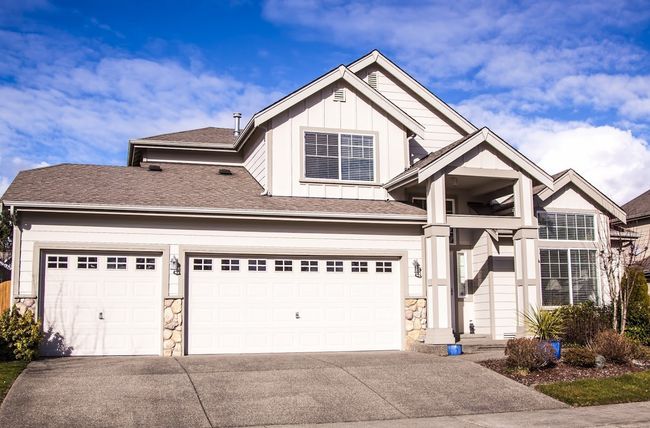
A noisy garage door can be a real nuisance. It can disturb not those in your household but also your neighbors, depending on the extent of the noise. But a noisy door and indicate other problems too. Read on to learn what issues your garage door might be facing.
1. Misaligned Tracks
The tracks run on either side of your garage door to guide the door open and closed. If you hear a squealing sound from one or both sides of the door, the tracks may be the culprit.
Tracks can come out of alignment for many reasons. For example, if a bumper, lawn mower, or anything else nudges them, that object can knock the track slightly askew. Temperature fluctuations are another possibility, as this can cause the hardware that secures the track to loosen or shift.
How to Fix
Aligning the tracks requires a screwdriver and a level. You must loosen the mounting screws and adjust the tracks until they are level with each other so that the doors won't grind inside one track while the door is moving.
2. Dirty Tracks
If the tracks are particularly dirty, the rollers may make a squealing or grinding noise. The door may seem to bend slightly as it opens, as well.
Dirt gets into the tracks over time, but it can be worse if you live in a dusty or windy area. Actual dirt, dead leaves, spider webs, and other types of debris can get into the tracks and compromise the garage door function, while also making it noisy to operate.
How to Fix
Dirty tracks are one of the simplest garage door maintenance tasks that you can do yourself. Simply use a broom to brush the debris out of the tracks, taking care not to knock the tracks out of alignment. You can then wipe out any stubborn debris with a soft cloth.
Take the time to also make sure no debris is stuck in the rollers when you are done with the tracks.
3. Lubrication Needs
Poor lubrication can cause squeaks and squealing from a variety of locations, including from the rollers, door hinges, chains, and springs.
Garage doors require annual lubrication to ensure every part works smoothly. Failure to lubricate the moving parts of your garage door results in noise, and it can speed up the wear and tear of the system.
How to Fix
Applying lubricant to key places solves the issue. Use a lubricant formulated specifically for garage doors. Generally, you should apply it to the hinges, roller wheels, and any chains or pulleys on the drive. A thin layer along the tracks will also help the rollers move more smoothly. You might also need to lubricate the chains; but this task can be dangerous, so you should leave it to a professional.
4. Worn Rollers
When rollers wear out, you don't just get a loud squeal or a grinding noise. The door may have issues opening, or it may have bumpy movement.
All rollers can wear out over time. Either the rollers themselves become damaged, or the bearings inside give out and the rollers stop operating as they should.
How to Fix
Rollers can easily be replaced as they wear out. Opt for nylon rollers, as they are more durable and damage-resistant compared to other varieties. Rollers with a sealed bearing chamber are also longer lasting because the bearings are less exposed to damage.
5. Shaky Opener
Loud vibration sounds that come directly from the garage door opener indicate that the opening mechanism is the culprit.
The garage door opening mechanism has a lot of moving parts that pull on the chains or pulleys to open the door. This naturally causes the housing of the opener to vibrate, which can be quite loud depending on the type of opener and where it is mounted.
How to Fix
Anti-vibration pads can solve this problem for most openers. These small pads are cut to size and installed between the opener and the garage ceiling. The pads absorb any vibration from the opener, which dampens the noise.
6. Unbalanced Door
An out of balance door makes a grinding noise and opens unevenly, so it is a relatively easy issue to spot. In some cases, the door may not be able to open or close fully.
A door becomes unbalanced because one of the springs is failing or the tension in the springs needs to be adjusted. Neither of these are DIY jobs to fix. If you suspect spring issues, contact a professional because the high-tension springs can be dangerous to work with.
How to Fix
Your garage door service will disconnect the door from the opener and allow it to freely move so they can determine which springs need to be adjusted and how much. They will then move the springs until the door is balanced again. If a spring is greatly worn out, they will need to replace it.
Contact
Edgemont Garage Doors
for more help with your noisy door.



